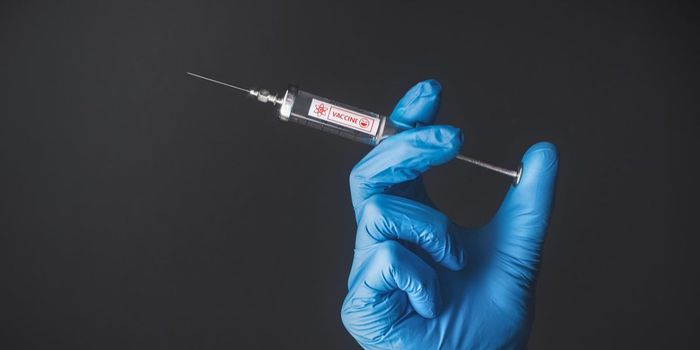Scientists discovered a process similar to apoptosis in T lymphocytes and natural killer (NK) cells when they attack intracellular parasites before they can spread to other cells during an infection. Researchers from the Boston Children’s Hospital Program in Cellular and Molecular Medicine call the pathway “microptosis.”
“What our work suggests is that you can drive programmed cell death even in microbes,” said senior study investigator Judy Lieberman, MD, PhD. “I think it's probably a really ancient pathway." The study was published recently in the journal
Nature Medicine.
The researchers used both human and specially engineered mouse cells to visualize microptosis after infected the cells with three intracellular parasites:
- Trypanosoma cruzi
- Toxoplasma gondii
- Leishmania major
They saw the immune cells produce three proteins – perforin, granulysin, and granzymes – upon infection with the parasites. By poking holes in the membrane of a cell infected with a parasite, perforin allows granulysin and granzymes to enter. Granulysin attacks the surface of the parasite while the granzymes kill the parasite from within. Specifically, granzymes interrupt metabolism within the mitochondria, blocking the parasite’s source of power. After toxic reactive oxygen species build up, the DNA material shrinks and the membrane deteriorates. All three of the proteins are required for successful microptosis.
"While the parasitic enzymes that microptosis acts on are similar to mammalian enzymes," Leiberman said, "they are different enough that it should be relatively easy to develop drugs that target them and leave a patient's cells alone."
Indeed, when the body’s killer immune cells are overwhelmed with a particularly immense infection of parasites, boosting the microptotic action of the team of proteins with drug injections could prevent dangerous spread of parasitic infections.
Source:
Boston Children's Hospital









